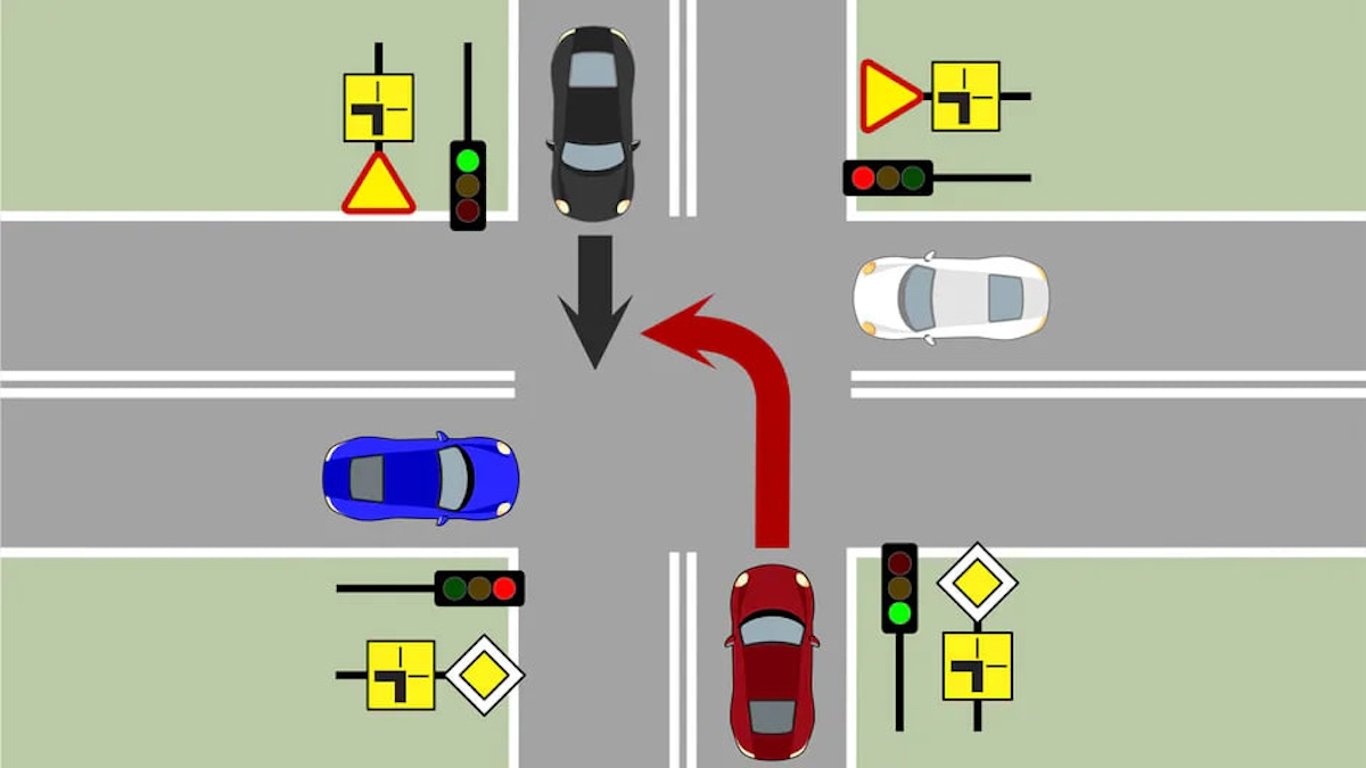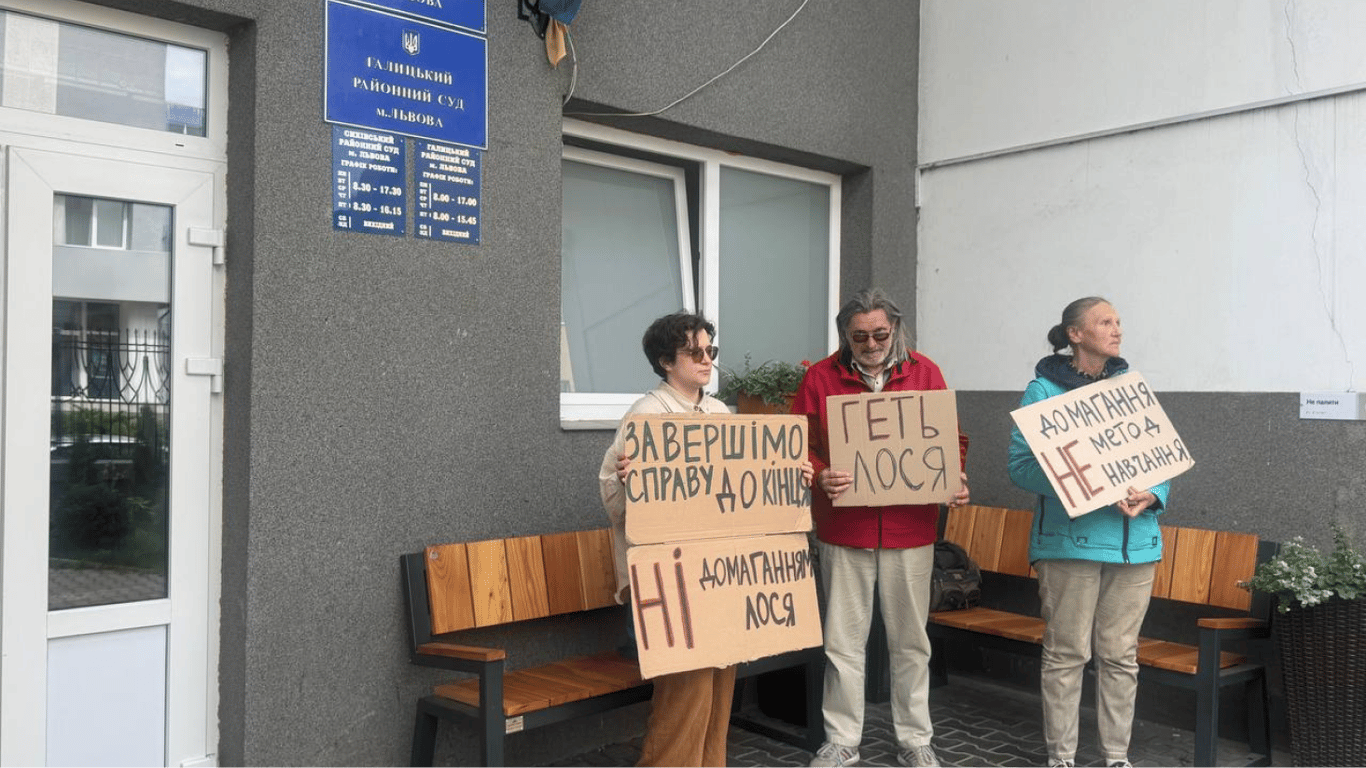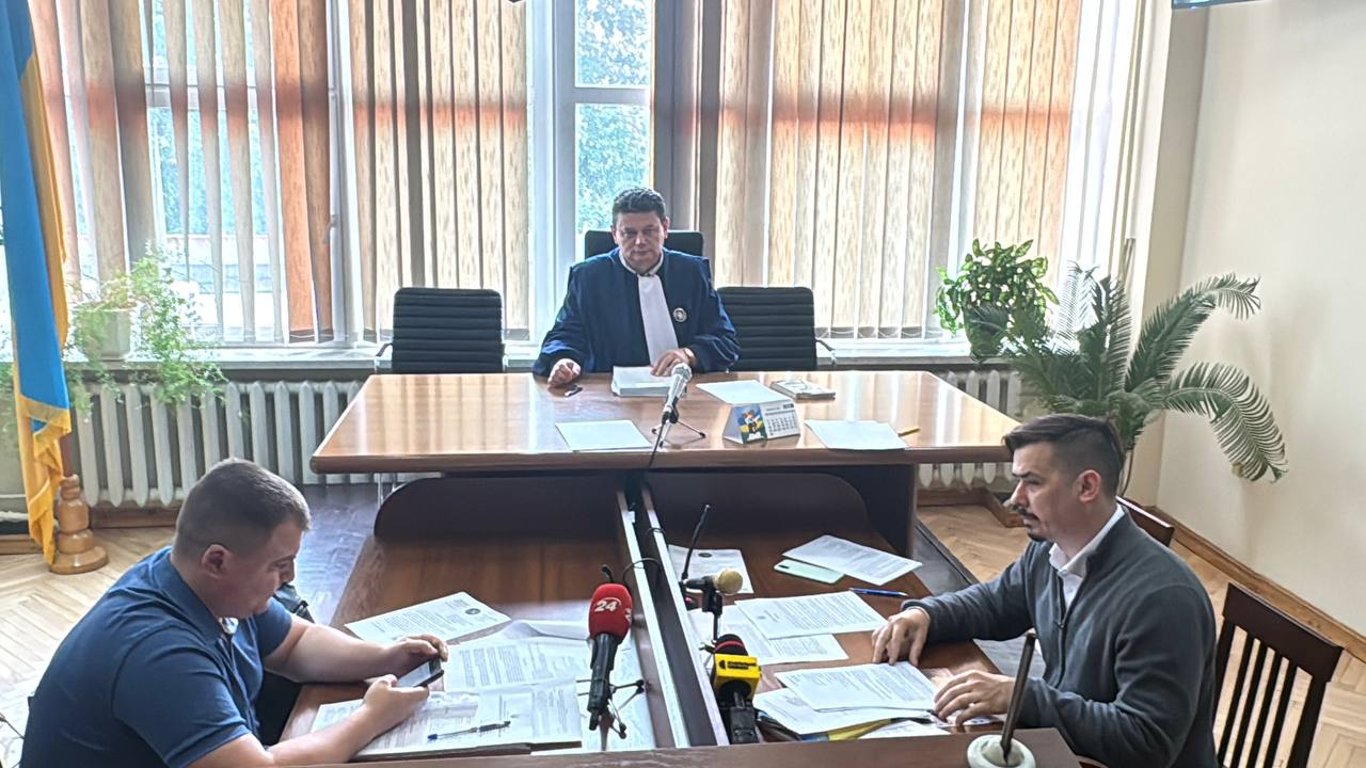Child Property Management — Who Manages It and How Not to Lose Real Estate.


Managing the property of a minor child is a responsible process that requires compliance with strict legislative standards. Parents or guardians act in the child's best interests, but their powers are limited to prevent potential abuses.
Property belonging to a child under 14 years old is managed by their parents, as stated by the Ministry of Justice. They do not need special permissions for this; however, their actions must align with the child's interests.
What Restrictions Apply to Parents and Guardians
According to the Family Code of Ukraine, parents or guardians cannot, without the permission of the guardianship and custody authority:
- renounce the child's property rights, especially concerning real estate;
- express obligations on behalf of the child;
- enter into agreements regarding the child's real estate, transport, or other property;
- dispose of this property without permission.
Permission from the Guardianship Authority
Agreements regarding real estate or valuable property can only be executed after verification by the guardianship authority within a month. Permission is granted only if the child's property rights are preserved.
The guardianship authority may also deny permission under certain circumstances, such as if parental rights are revoked, there is a conflict in inter-parental relations, or the agreement does not meet the child's interests.
Right to Appeal
Decisions made by guardianship authorities can be appealed in court. The deadline for filing a lawsuit is 6 months after the violation of rights is discovered.
The Role of the Second Parent in Decision-Making
The consent of the second parent is mandatory unless otherwise specified in the agreement. Notarized consent from the second parent is required for transactions involving real estate or transport.
The issue of managing the property of minor children is regulated by laws and requires careful attention from parents or guardians. The restrictions and procedures for entering into agreements are designed to protect the child's interests and prevent potential abuses by others. It is important to be informed of one’s own rights and responsibilities arising from this duty.Read also
- Interesting traffic rules test - who should yield on green
- The case of Yosyp Los: why students do not want to attend classes
- In Lviv, the court made a decision in the scandalous case of Professor Los
- Scandal in Odesa taxi - driver did not turn off Russian music
- Children Returned from Occupation Saw Rome as Part of 'Children at Home'
- Where to study after 9th grade — the most in-demand professions in Ukraine








